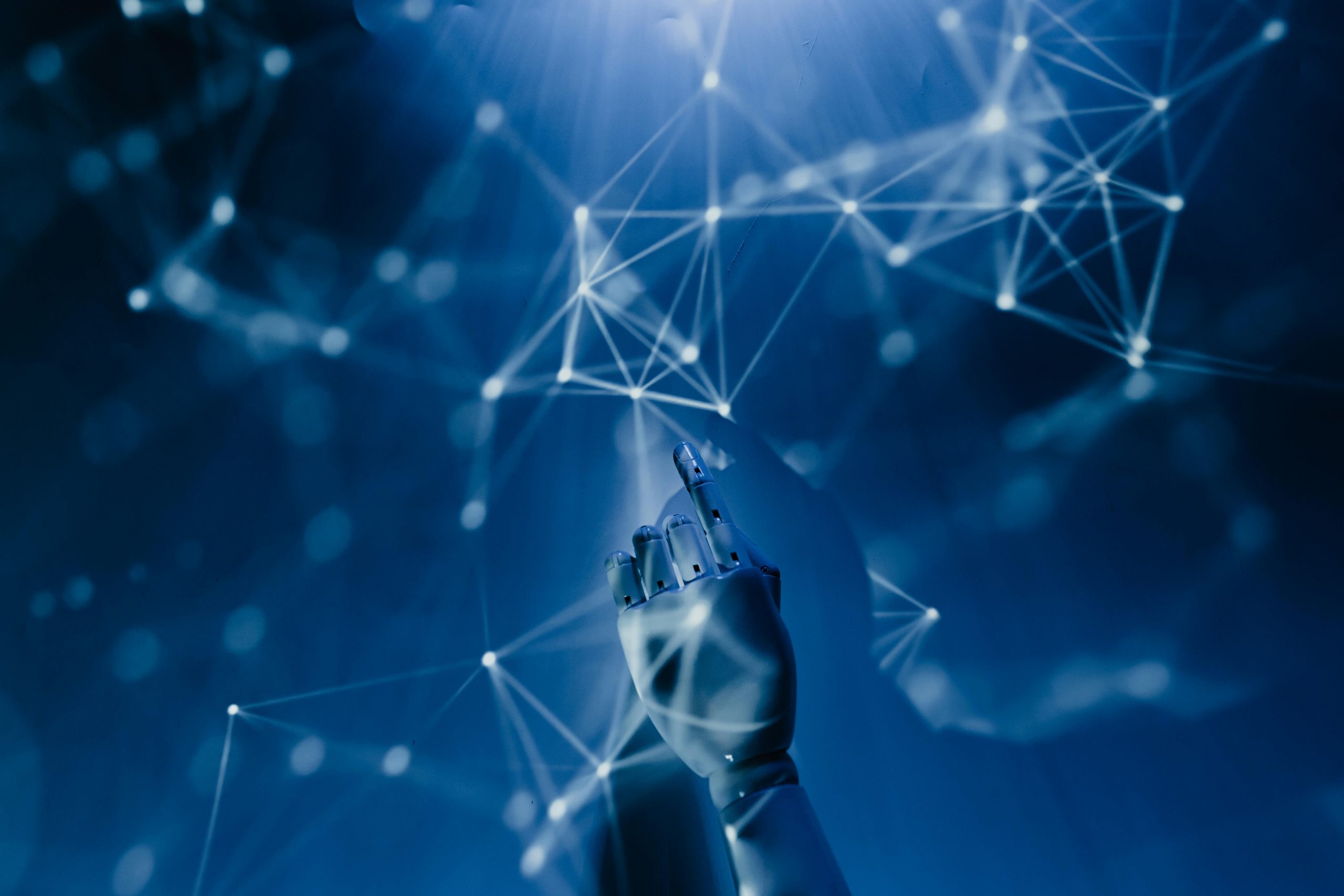An Unfortunate Reality I Predicted Would Happen With AI Has Happened: Plausible Deniability
The New Frontier of Plausible Deniability in the Age of AI
In today’s digital landscape, the rapid advancement of artificial intelligence has cultivated a reality that many of us anticipated but few truly understood the implications of—a world where skepticism reigns supreme. This was starkly illustrated by a recent video that made its rounds online, showcasing a humorous interaction between former President Ronald Reagan and a little girl discussing homelessness. At first glance, the content appeared genuine; however, it was later revealed that the video had been manipulated through AI technology, casting doubt on its authenticity.
Initially, I found the clip amusing—until I learned it was either fabricated or heavily altered. This scenario embodies my longstanding concern: we are approaching a point where the line between reality and AI-generated content is nearly indistinguishable. In such a climate, it becomes alarmingly easy for public figures and celebrities to be misrepresented, drawn into controversies over statements they never made, or actions they never took. As discerning as we might be, when the average individual encounters a sophisticated piece of AI-generated media, it can easily be mistaken for truth.
The most troubling aspect of this development? The potential for individuals to evade accountability. The concept of “plausible deniability,” already a fixture in both personal and political arenas, could see a meteoric rise in usage thanks to AI. Imagine a scandal involving a politician caught on camera making a controversial remark—they could simply exclaim, “That wasn’t me; it was AI!” As preposterous as it might seem, the perception of AI as a credible scapegoat could be dangerously effective.
The danger lies not merely in the creation of realistic deepfakes but in the cycle of chaos they can unleash. Consider a scenario where an individual is accused of infidelity due to a deepfake video—they could shrug off the evidence, pleading that it was a product of advanced technology. What about a CEO facing allegations of corporate espionage? The same narrative could unfold. The staggering nuance and fidelity of AI technology mean that detecting these fakes may soon become as complex as creating them.
As the market for deepfakes continues to grow, the battle to differentiate between real content and AI-generated forgeries will only intensify. Political campaigns, media outlets, and various organizations could leverage this technology to manipulate public perception, leading to a significant erosion of public trust. Like all technologies, AI will evolve, and the tools we currently rely on to uncover deepfakes will inevitably














Post Comment